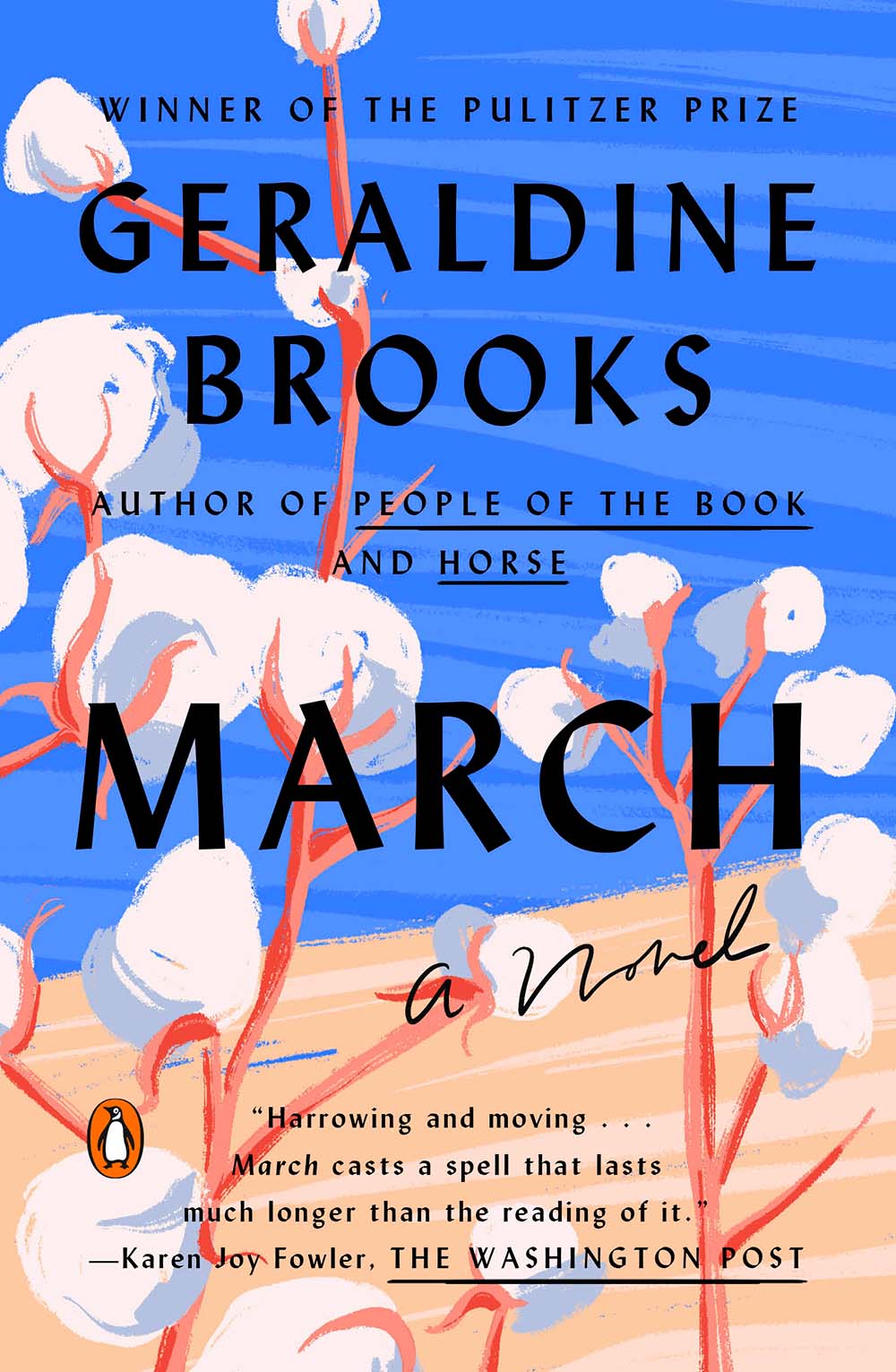In a literary landscape often dominated by fleeting narratives, Geraldine Brooks’ “March” stands as a testament to the power of deep introspection and historical resonance. This novel, seamlessly weaving the threads of fiction and fact, invites readers into the heart of a tumultuous era, reflecting the complexities of humanity during the American Civil War. With its rich tapestry of characters and vividly depicted settings, “March” is an exploration of duty, morality, and the indelible scars of conflict.
The narrative pivots around the character of Henry March, the father from Louisa May Alcott’s beloved “Little Women.” Brooks resurrects this figure, allowing him to step out from the shadows of his domestic role and into the chaos of war. This narrative choice acts as a powerful metaphor for the transformative effects of conflict: just as March is reshaped by his experiences, so too are the very fabric and ideals of 19th-century America. Brooks magnifies March’s internal struggle, laying bare the dichotomy between his ideals of heroism and the grim realities he encounters.
On a micro level, the juxtaposition of familial affection and the harshness of battle encapsulates the novel’s overarching themes. March’s thoughts oscillate between the comfort of home and the brutality of combat. One minute he is reminiscing about the laughter of his daughters, and the next, he is grappling with the haunting specters of death on the battlefield. This duality encapsulates a poignant metaphor: the war not only ravages the land but also shatters the sanctity of the home. Through March’s experiences, Brooks beautifully illustrates that the battlefields of America were not confined to distant landscapes; they permeated the intimate sanctuaries of the heart.
At its core, “March” is an exploration of moral complexity. The fog of war often obscures the clarity of right and wrong, thus compelling characters to make decisions that weigh heavily on their souls. March grapples with his commitment to abolition and the ethics of war itself. Brooks deftly navigates these murky waters, prompting readers to ponder the essence of righteousness in a time when moral compasses were often cast adrift. This contemplation enriches the reading experience, transforming it into a cerebral journey rather than mere entertainment.
The unique appeal of “March” lies not only in its rich thematic depth but also in its vivid characterizations. Each figure Brooks introduces is meticulously crafted, embodying the multi-faceted realities of this turbulent period. From the strong-willed and compassionate Marmee to the defiant and socially conscious Black soldiers, the characters serve as microcosms of the larger societal conflicts at hand. Brooks’ ability to animate these historical personages, bringing their motivations and inner turmoil to life, enriches the narrative, offering readers a deeper connection to both the text and the historical context.
Moreover, the evocative prose and poetic imagery elevate the reading experience. Brooks employs language that sings with vitality, often using nature as a backdrop to underscore human emotions. The use of seasonal metaphors—particularly spring, symbolic of rebirth but also of the cyclical nature of conflict—imparts a sense of hope amidst despair. As March navigates the horrors of war, the changing seasons serve as a reminder that even the darkest winters ultimately yield to the splendor of spring.
The pacing of “March” mirrors the tempo of both education and disillusionment. The novel’s rhythms shift seamlessly between idyllic memories and the cacophony of battle, creating a symphony of disruption and longing. Each chapter offers a fresh lens through which to view not only March’s transformation but also the broader narrative of American identity during this era. As the pages turn, readers are compelled to confront their perceptions of heroism and sacrifice
, and by the conclusion, one cannot help but feel irrevocably altered by the journey.
Furthermore, “March” resonates with contemporary relevance. In an era marked by its own political and social upheaval, Brooks’ exploration of the moral ambiguities of conflict prompts important reflections. The themes of sacrifice, justice, and the struggle for equality remain poignant, urging modern readers to examine their own societal paradigms. This timeless quality further anchors the novel as a vital contribution to not only literary discourse but also to discussions surrounding human rights and ethical responsibility.
In conclusion, “March” transcends the boundaries of traditional historical fiction. Geraldine Brooks has crafted a narrative that is not only engaging but also intellectually enriching, blending the vibrancy of human experience with a historical lens that stimulates poignant reflection. Through its intricate character studies, poignant metaphors, and profound themes of moral complexity, “March” serves as a powerful reminder of literature’s ability to reflect, critique, and shape our understanding of the human condition—and the world we inhabit. In reading “March,” one embarks on a journey that resonates long after the last page is turned; a journey that reaffirms the enduring power of stories to illuminate the darkest corners of our shared history.
